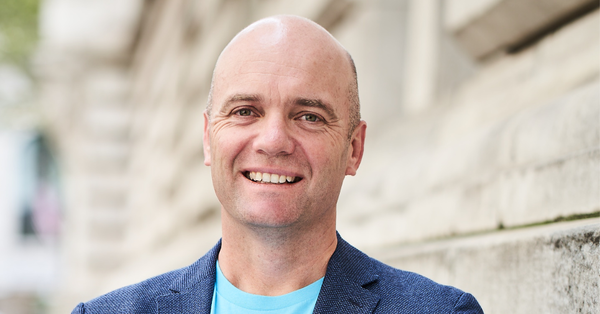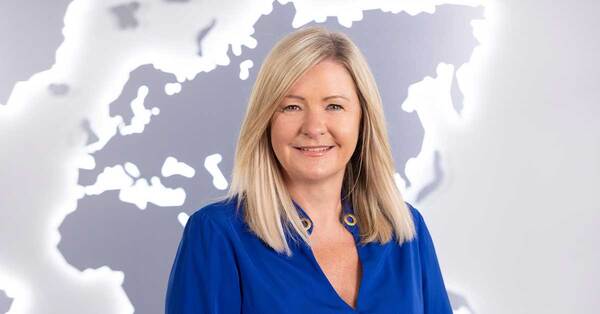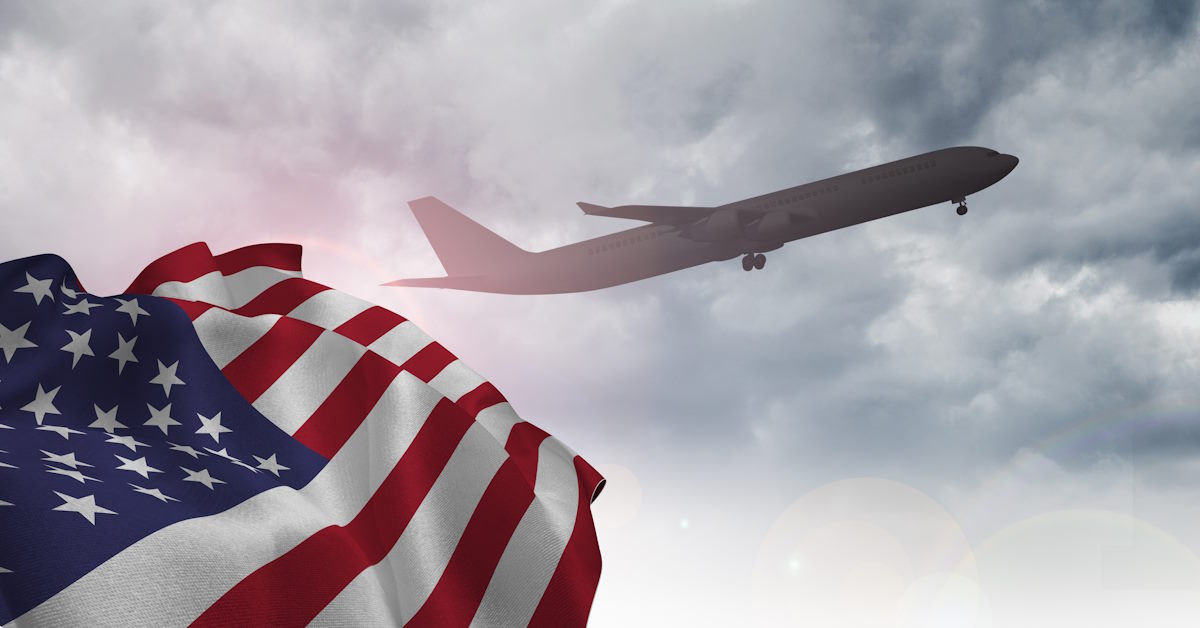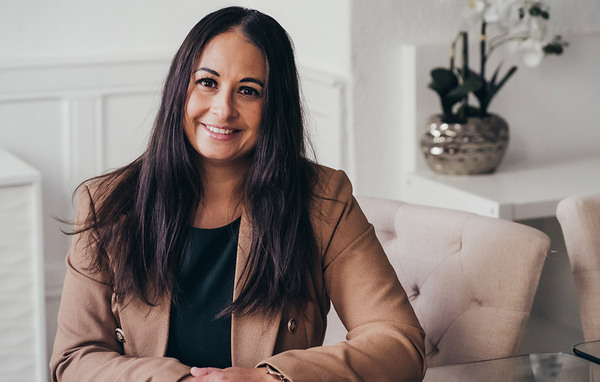You are viewing 1 of your 2 free articles
Comment: Future-proof marketing with individualised experiences
In the wake of Covid, consumer attitudes and behaviours towards travel are more fragmented than ever before.
Health concerns, climate fears and financial factors are weighing heavily on the public consciousness. Just as each individual experienced the pandemic differently, so too will attitudes differ in regards to the lifting of all Covid-19 travel restrictions.
To create a customer journey that leads to increased bookings, airlines will need to think customer first, not channel first. This means delivering dynamic customer experiences across an omnichannel purchase journey that speak to the right person, with the right experience in the right moment.
But as the industry comes under increased scrutiny for its sustainability credentials, airlines will need to think harder about how they can combine 1st and 3rd party insight, media data and cultural intelligence to deliver individual experiences at scale.
In fact, it’s clear sustainability is now high on the public agenda.
New research from Google has shown that 82% of consumers say sustainability is more top of mind than before the pandemic, while 2021 saw a 70% rise in the number of travellers seeking sustainable travel options.
As part of our annual report on individualisation in marketing, we spoke with Jo Fairweather, Head of Content at Much Better Adventures, who said: “There is a huge pent-up demand for travel. At the same time, there has been a massive sustainability surge. People are far more aware of the planet and the impact of travel.”
As airlines seek to make up for tumbling revenues and a decline in bookings, now is the time to future-proof marketing strategies by truly understanding the wants and needs of the individual.
A shift in consumer behaviour – purchasing with sustainability in mind
As the world gets to grips with the fact that climate change is no longer a distant threat, many people are starting to wonder how individual choices can abate an existential threat.
In today’s marketplace, consumer concerns around sustainability are now translating into real-world action.
At the point of purchase, nearly 1 in 2 flyers (46%) say they are willing to pay more for a carbon neutral flight. This is a significant shift away from the idea that “sustainable travel is an important issue” towards a more explicit decision that “sustainable travel matters and I am going to spend my money with airlines that are reducing their impact on the climate”.
For airlines, this means nearly half their customer base is willing to pay more for a flight that reduces their carbon footprint. The long-tail impact of this on bookings, loyalty and revenue will be substantial.
To create a customer-centred experience that delivers on these needs, airlines will need to build brand affinity in the hearts and minds of customers from the millions of interactions and transactions they experience every day.
With the right understanding and cohesive action, brands can affect these moments with brilliantly integrated, experience-led content across owned, earned and paid media channels, designed to have the biggest personal impact on each individual at the right moment.
Delivering individualised experiences in an omnichannel path to purchase
We know that many consumers are seeking out more sustainable flights. We can therefore infer that many people would also avoid an airline that:
- doesn’t offer low-carbon-emission flights
- doesn’t make this option clear at the point of purchase
- doesn’t clearly explain how it will reduce its impact on the environment
Google has substantiated these claims, revealing that more than a third of consumers (37%) don’t know how to make their travel decisions more sustainable.
Clearly, it’s just not enough to offer law-carbon-emission flights. Airlines must go further by making these choices clear at the point of purchase and explain how a flight would lessen its impact on the environment.
Is it solely by reducing carbon emissions? Is the plane a newer model that has less impact on the environment? Is in-flight food and drink sourced sustainably? Are in-flight travel kits (toothbrush, toothpaste, blanket, etc) made from recyclable materials?
But remember – these experiences need to be tailored to suit an individual’s specific behaviours and preferences. Airlines must look across the wider customer journey and see the entire omnichannel experience holistically rather than through the lens of a specific channel or moment in time.
To deliver on sustainability concerns, brands should first prime consumers with individualised messaging. For example, once someone decides they have a reason to travel, how can you give them a reason to choose your airline specifically?
By identifying and understanding audience and cultural analytics, brands can use big data and human intelligence to qualify and predict how a customer might think and feel in a particular moment.
To prime a customer, airlines could lead with inspirational messaging that shows a commitment to sustainability. During the checkout journey, however, it may be more apt to demonstrate the practical differences in C02 emissions between flights.
The point is this: at each touchpoint in the omnichannel journey, airlines have an opportunity to connect with people on a one-to-one basis by addressing specific queries or concerns around sustainability. This could make the difference between someone flying with your brand or opting for a competitor.
The role of value levers in helping airlines achieve liftoff
At RAPP, we believe that by interpreting cultural intelligence through social and data sciences, brands can look at the entire end-to-end customer experience and pinpoint where value can be created.
To meet new sustainable travel demands, airlines need to leverage cultural intelligence, look at the end-to-end customer experience and pinpoint where value can be created.
This means serving individual needs and recognising what consumers value most when making booking decisions: namely “convenience”, “clarity” and “choice”.
In a recent survey, we found that 77% of consumers say values are important to them when choosing a company or brand to shop with. Nearly half of all consumers say “convenience and clarity” is most important, while more than a third cited “choice”.
As Alan French, CEO at Thomas Cook, revealed in an exclusive interview with RAPP, “We launched in a highly volatile market, and our focus has been on providing help to the customer above all else. We focus [on values] such as transparency, safety and confidence, particularly around giving customers confidence that they can return to travel safely and sensibly.”
As airlines look to regain cruising altitude after a turbulent few years, it’s clear that addressing sustainability credentials in the customer experience will play a key role in whether consumers opt to fly with your airline or another.


















